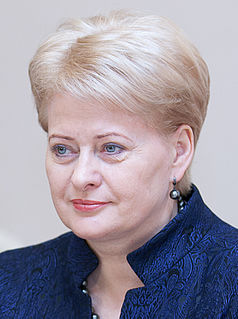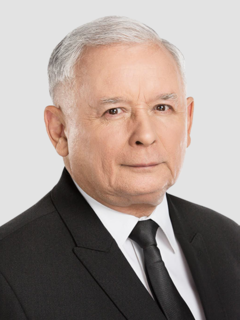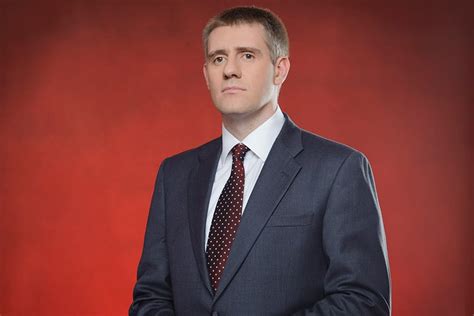A Quote by George Osborne
It's in our interests that the euro is a successful, strong currency.
Related Quotes
For a small open economy that trades mostly with the euro zone it makes absolute sense to be part of the currency union. Our currency has already pegged to the euro since 2002. We don't have an independent monetary policy. We are regulated by the European Central Bank in Frankfurt, but we are not able to reap all the profits. Our businesses want to save the transaction costs.
At the time of the formation of the euro, I would say most American economists said that's not a good idea; that's not a currency area that makes sense. And the answer from Europe was, 'How is Missouri and Mississippi a currency area?' But the flaw in that was not recognizing the importance of mobility.
I'm not trying to be diplomatic. I'm trying to be more nuanced and realistic. I think there has to be a serious examination of the shortcomings of the Euro structure. Euro central institutions, whether it be fiscal policy, monetary policy, financial regulation, are simply not as robust as they are in a currency that has a national government behind it.
If European monetary policy is run according to German interests, huge structural imbalances will accumulate. The Germans will then either have to pay to correct those imbalances or agree that the euro should not be run primarily according to German interests. If they are unwilling to do either of those things, the euro can't survive.





























